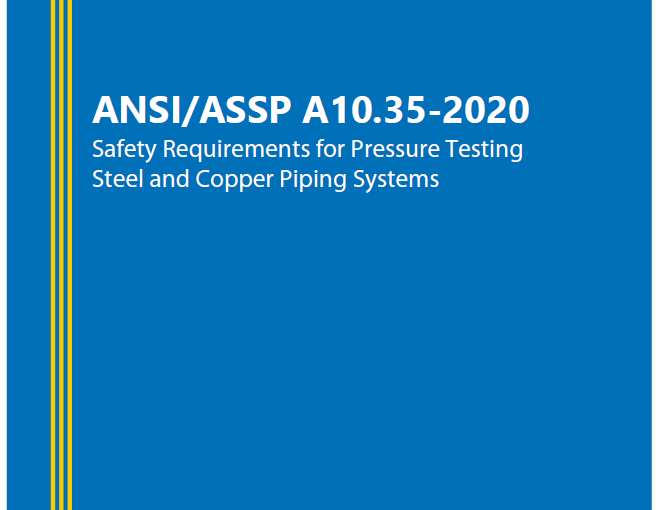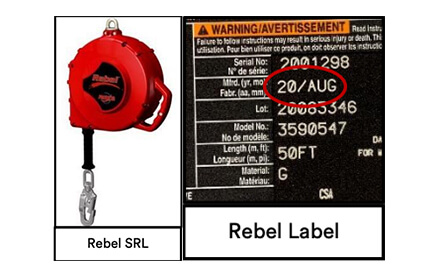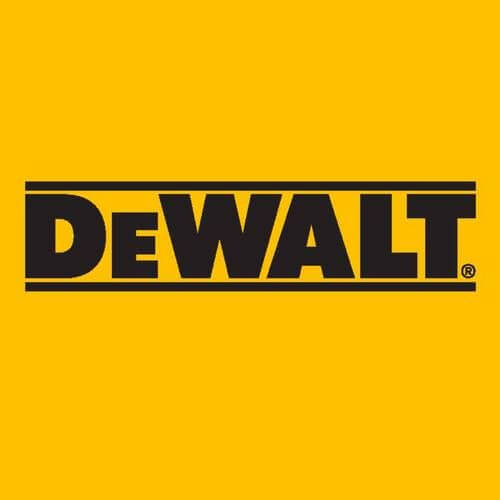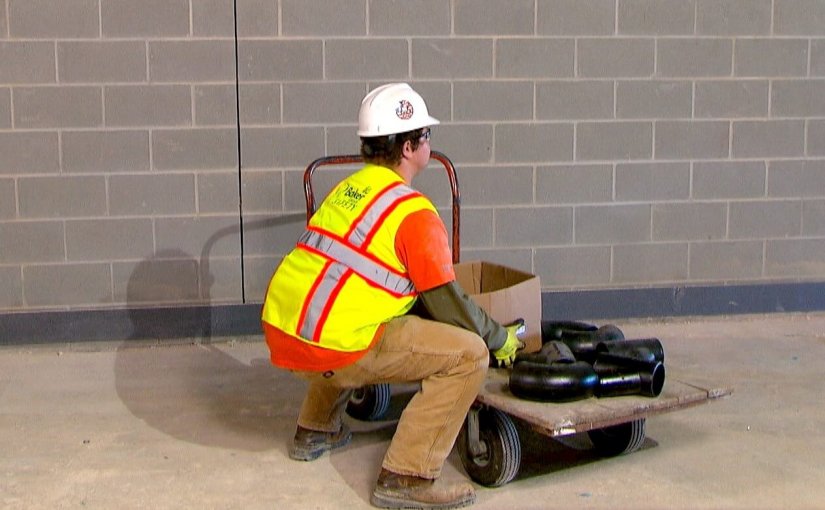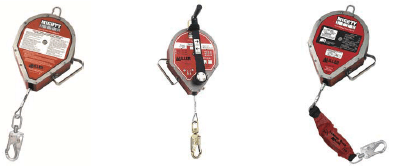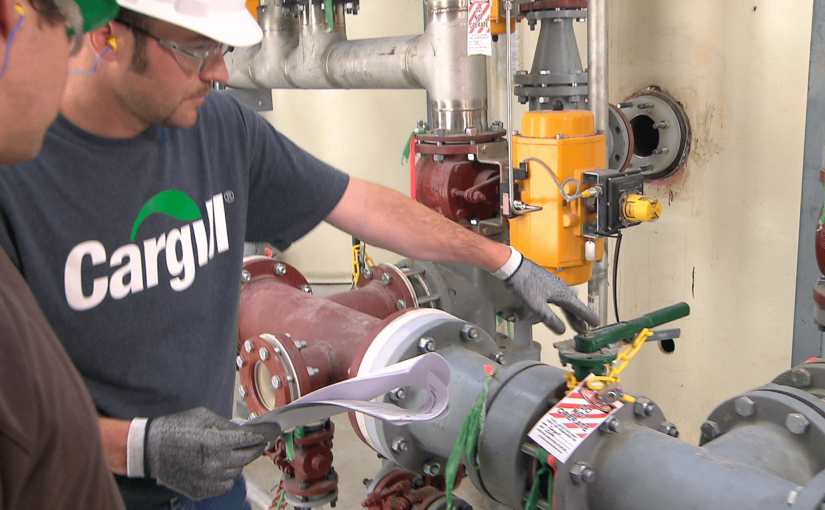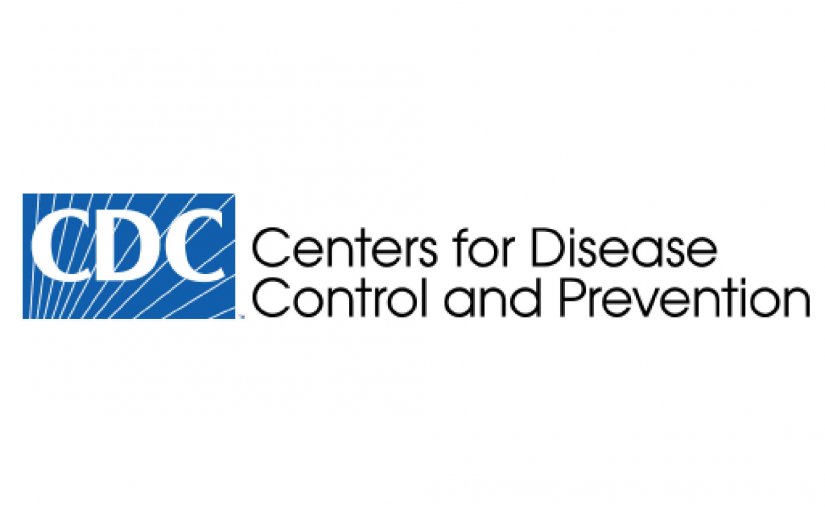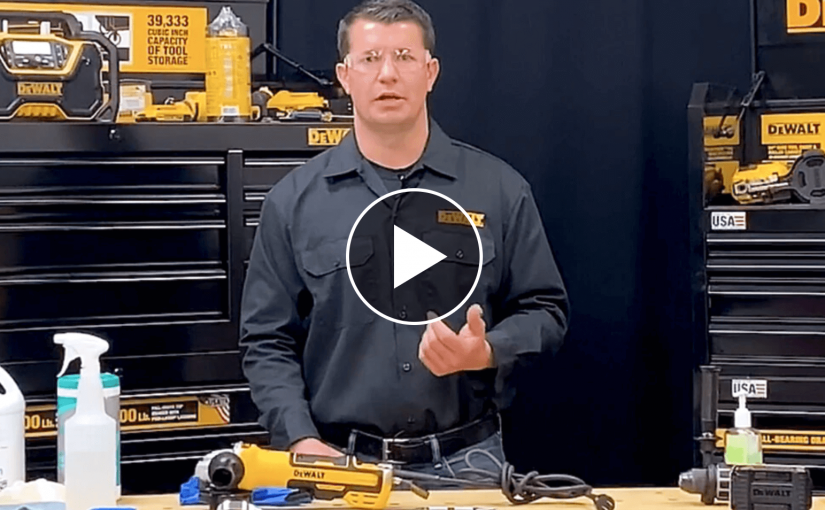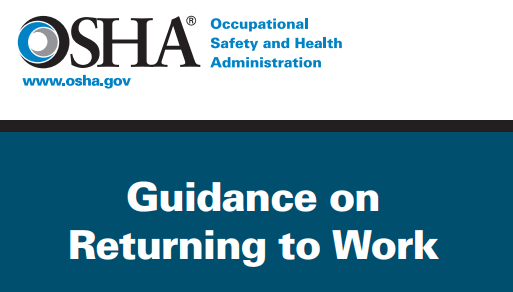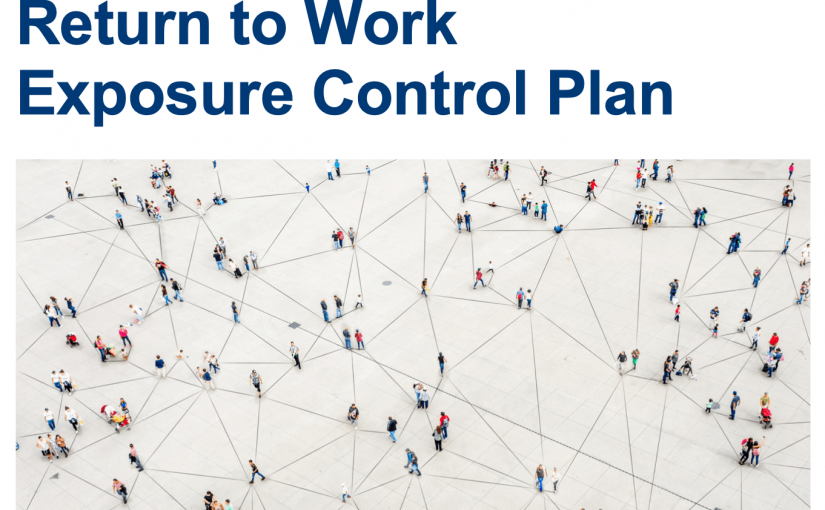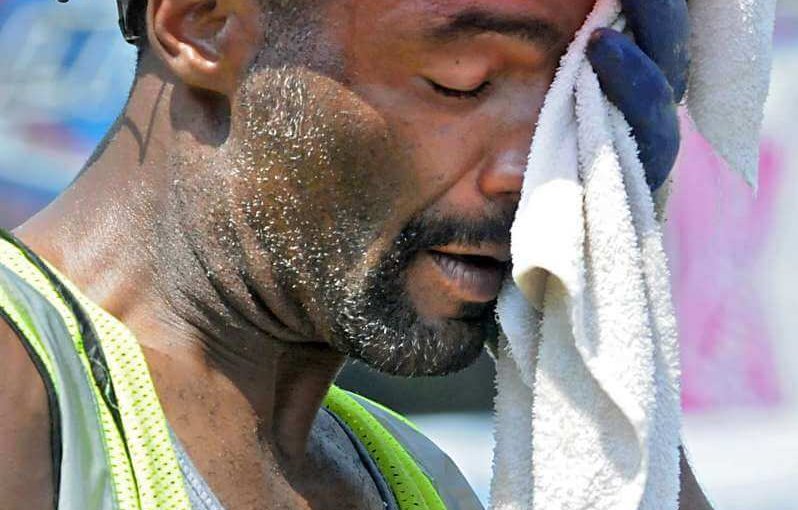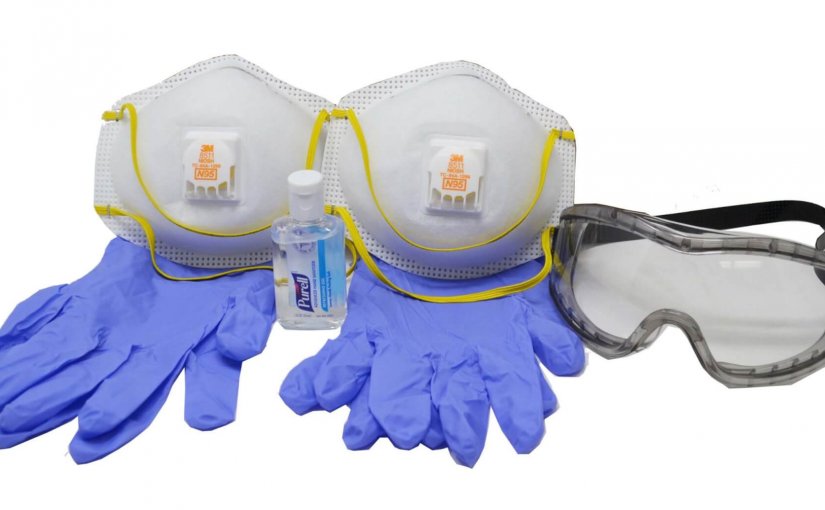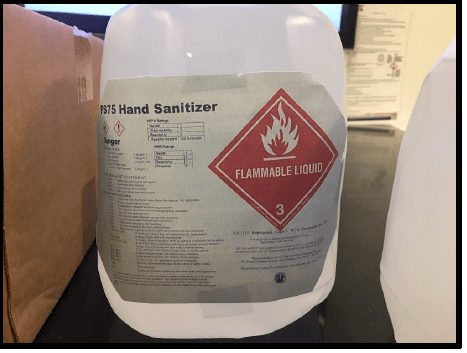CDC Updates COVID-19 Guidelines on When to Quarantine
The CDC recently updated its guidelines on when to quarantine following exposure to a person who has tested positive for COVID-19. The new guidelines indicate that people who have been in close contact with someone who has COVID-19, excluding people who have had COVID-19 within the past 3 months, should quarantine immediately. It is considered close contact when:
- You were within 6 feet of someone who has COVID-19 for a total of 15 minutes or more;
- You provided care at home to someone who is sick with COVID-19;
- You had direct physical contact with the person (hugged or kissed them);
- You shared eating or drinking utensils; and/or
- The person sneezed, coughed, or somehow got respiratory droplets on you.
People who have tested positive for COVID-19 do not need to quarantine or get tested again for up to 3 months as long as they do not develop symptoms again. People who develop symptoms again within 3 months of their first bout of COVID-19 may need to be tested again if there is no other cause identified for their symptoms.

